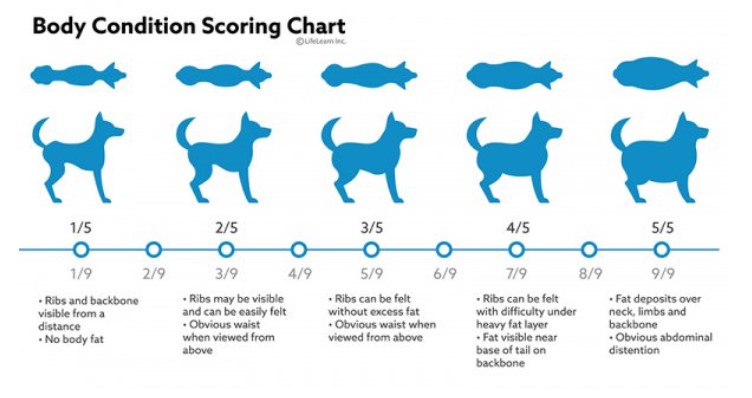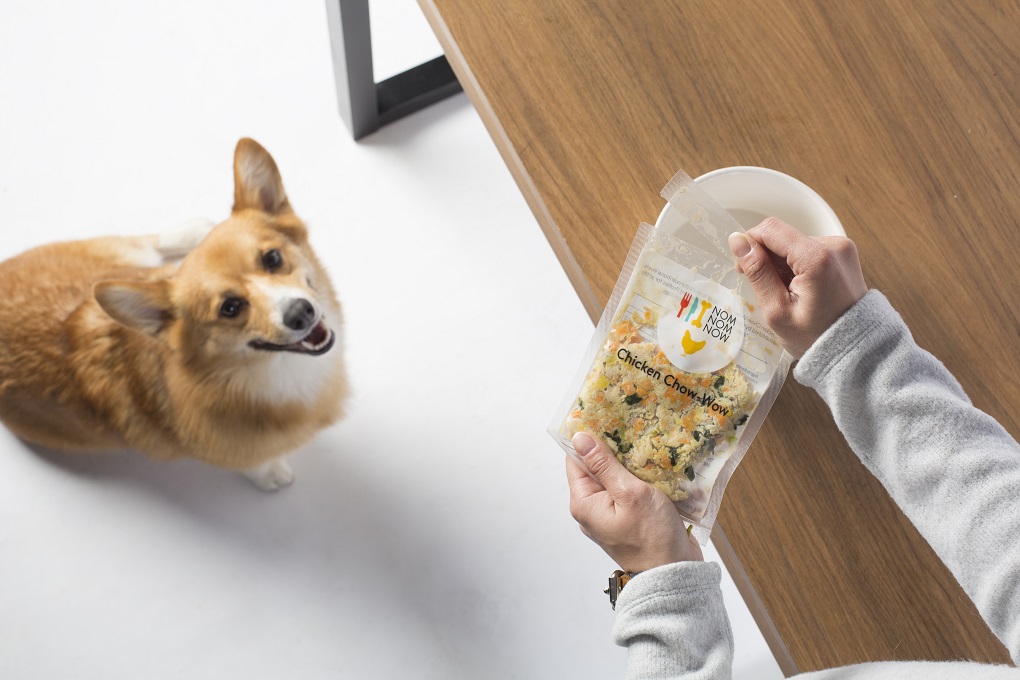Is your pooch looking pudgy, they’re not alone—nearly 60 percent of U.S. dogs are considered overweight. That amounts to 50 million dogs. Unfortunately, there’s no safety in numbers—extra pounds increase your pet’s risk for cancer, arthritis, kidney disease, and other devastating conditions.
But, the most sobering statistic is this: A recent research study revealed that the lifespan of overweight dogs was up to 2 1/2 years shorter, on average, than the lifespan of dogs with a healthy body weight.
I, as a mom of three once overweight … make that obese Chihuahuas understand that many dog owners know their dogs are overweight, but are too embarrassed, frustrated, or overwhelmed to address the issue. Part of this dilemma stems from popular misconceptions about overweight dogs. Don’t let these myths and lies hold you back from helping your dog —here’s the truth about your dog’s weight management. My three are rescue dogs and came to us severely overweight.
Myth #1: I can get my overweight dog to lose weight on my own. I’ll switch them to low-fat food and start exercising them.
The truth: Guidance from someone who knows canine nutrition and weight management is always recommended. So you don’t need to be embarrassed if you have tried before and haven’t been able to do it on your own. The fact is few people can. Many times when trying to do it on your own may have the opposite results than you were looking for.
Myth #2: My dog has a big appetite and is always hungry and begging for food.
The truth: Assuming your dog is otherwise healthy, and receiving a balanced diet, your dog’s constant begging is most likely opportunistic behavior. Dogs are programmed to hunt for food. It is in their DNA, it’s instinct. So, even if your dog always has his nose to the floor and/or always begging. He is not necessarily hungry. He’s just doing what dogs do.

Myth #3: My dog’s breed is naturally heavier. Or my dog’s weight is cute on him.
Truth: Obesity has no genetic predisposition. While some dog breeds are selectively bred to meet certain styles and preferences, carrying more or less weight is a matter of nutrition and activity level, rather than something that occurs naturally. As for it looking cute on him … well, it won’t be so cute when you are dealing with the consequences of him being overweight.
Myth #4: My dog is long-haired and you can’t even tell if he is overweight.
Truth: Your dog’s body condition is a more accurate health indicator than the number on the scale. Comparable to the human body mass index (BMI), the body condition score (BCS) is a better measurement of your dog’s body

This chart can be difficult to understand or interpret, especially for a long-haired dog. That is where getting personal guidance from a professional comes in.
Myth #5: When switching to a low-fat diet you can feed the same amount because most dog foods have the same amount of calories.
Truth: Calorie content can vary significantly between foods. Always check the label on pet food cans and bags to determine how many kilocalories (kcal) are in a measured cup of food. Also, the nuggets in kibble vary from one bag to another. Even within the same bag each nugget may differ in size. One nugget may have anywhere from 10 to 100 calories more than the one next to it. Being precise when measuring is crucial to successful weight loss.
Myth #6: My dog won’t eat unless I leave food out for him all day.
Truth: All dogs can learn to eat on a schedule if food is not constantly available. Free-feeding (e.g., leaving food out and refilling the bowl as needed) increases pet obesity risk. Some dogs will eat simply out of boredom. That shouldn’t surprise anyone. Have you ever eaten a whole bag of potato chips simply because you were bored? No? Maybe that’s just me. 
Your dog won’t starve if they go without eating for a day. If they are otherwise healthy, they will eat when they get hungry. Eating to survive is also instinct.
Myth #7: My dog is a senior and is just too old to lose weight now.
Truth: You need to adjust your dog’s portions throughout his life. Senior dogs often have a naturally decreased metabolism and reduced activity level. These things change throughout their lifetime. That’s why it is important to weigh them often to determine whether it is necessary to increase or lower their current portion size. But senior dogs can lose weight just as a younger dog can.
If you are looking for help to get your dog on the road to a healthy weight I can help. I can offer the counseling and the tools you need for a successful weight loss journey for your dog. It’s not as difficult as it may seem when you have the knowledge and the tools you need. For more information on my One-On-One Weight Loss Program just click the button:



